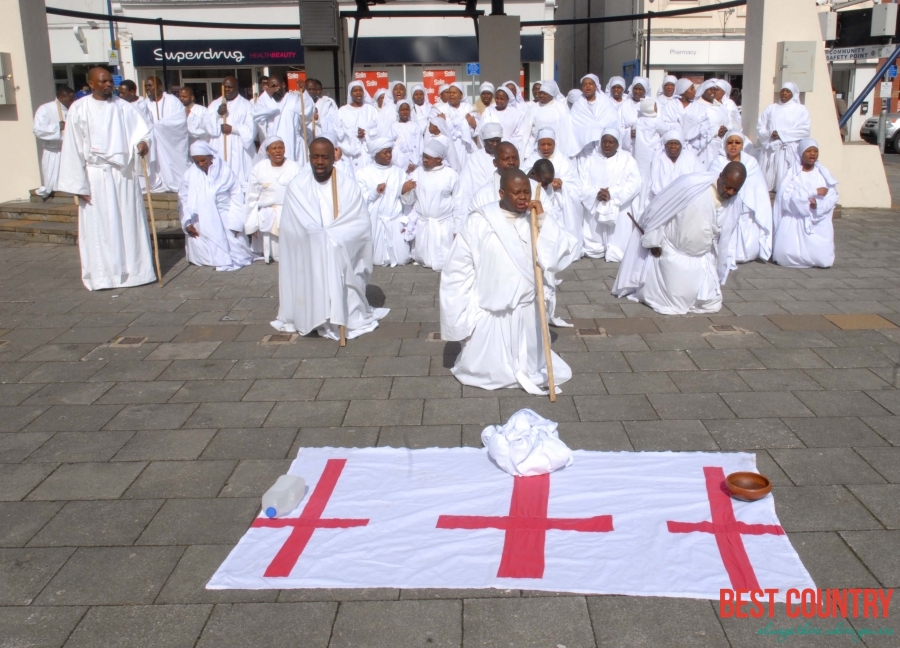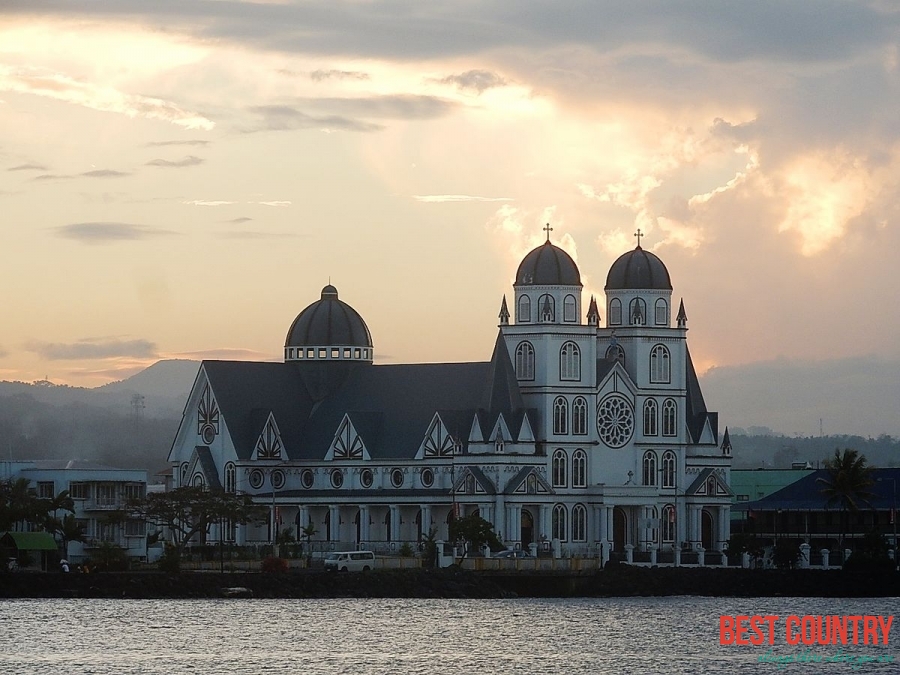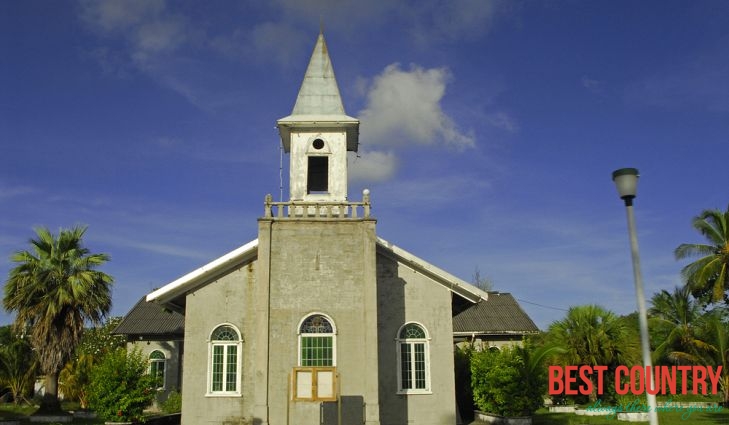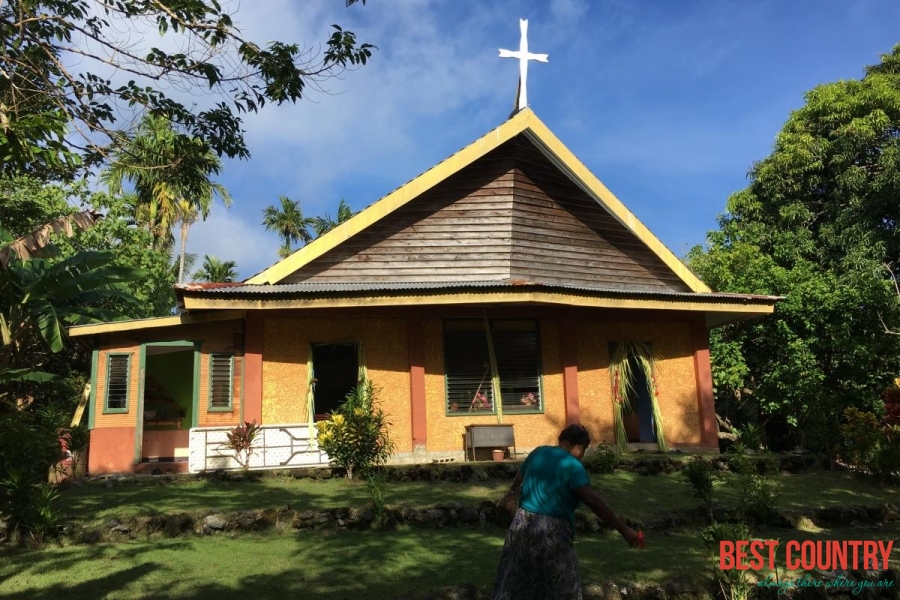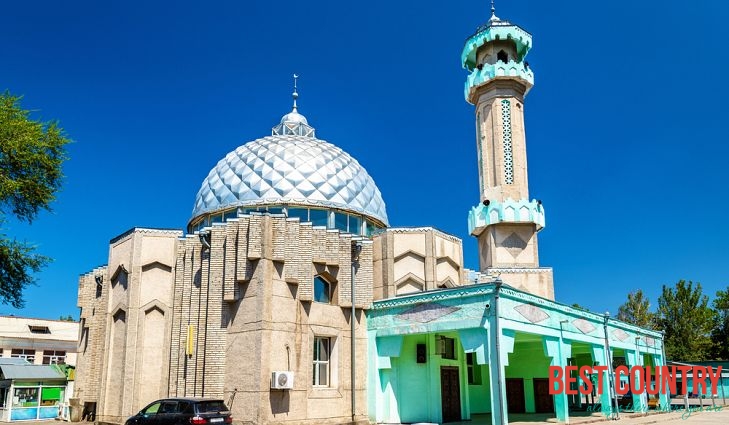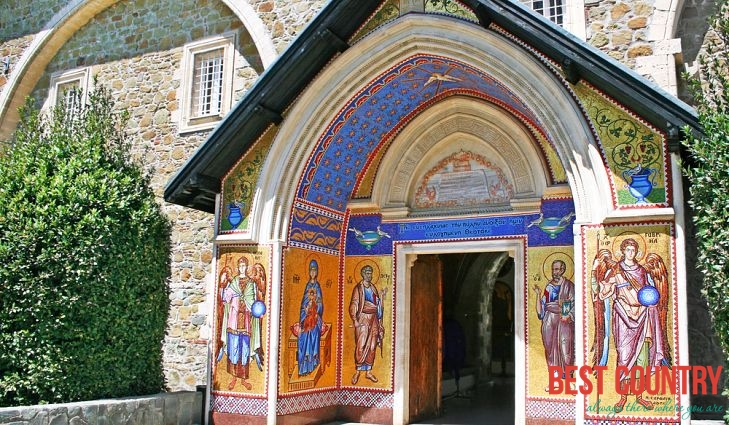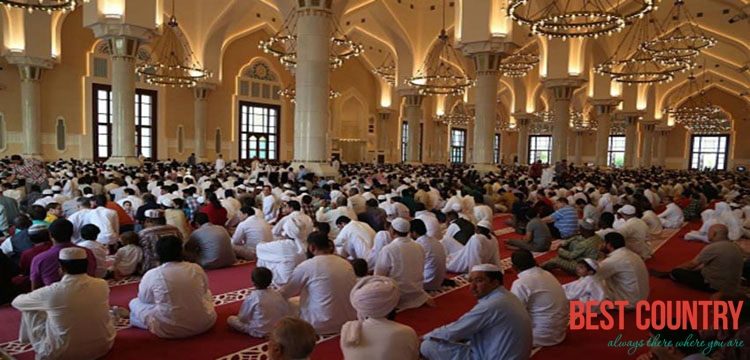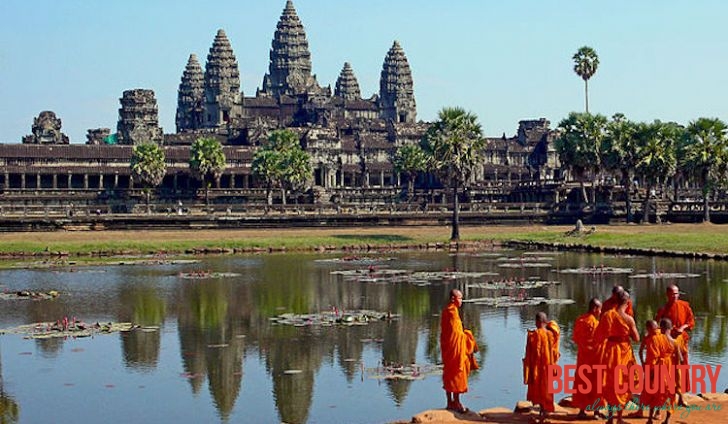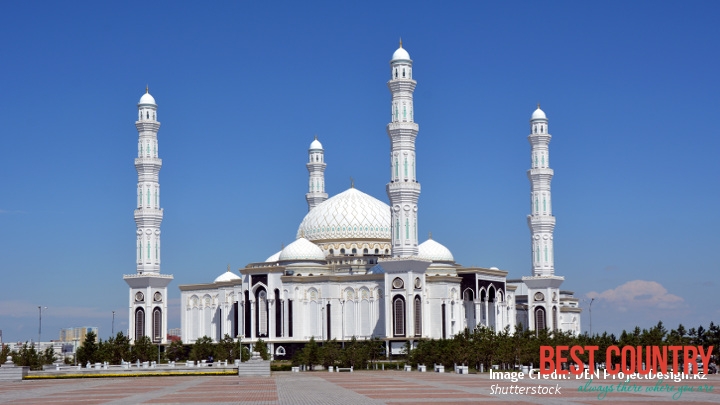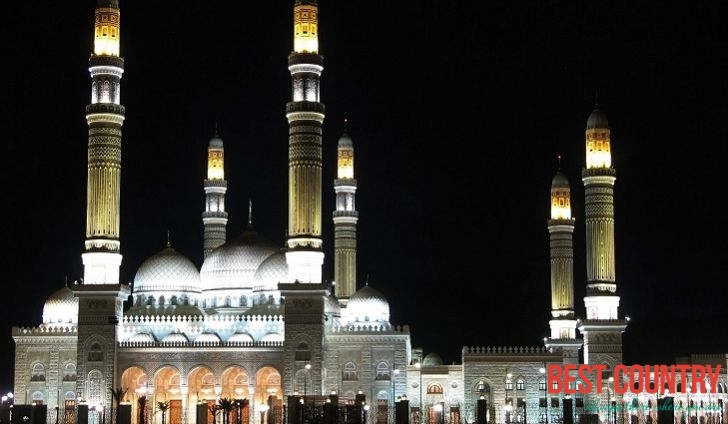Religion in different countries
Religion in Zimbabwe
It is estimated that between 60 and 70 percent of Zimbabweans belong to mainstream Western Christian denominations such as Roman Catholicism, Anglicanism, and Methodism; however, over the years a variety of indigenous churches and groups have emerged from these mainstream denominations.Charismatic Evangelical denominations, primarily Pentecostal churches and apostolic groups, were the fastest growing religious classifications in the years 2000 to 2009.
Religion in Samoa
Religion in Samoa encompasses a range of groups, but 98% of the population of Samoa is Christian.The following is a distribution of Christian groups as of 2011 (the most recent census available): Congregational Christian (32 percent), Roman Catholic (19 percent), LDS (15 percent), Methodist (14 percent), Assemblies of God (8 percent) and Seventh-day Adventist (4 percent).
Religion in New Caledonia
Half of the population is С, including most of the Europeans, Uveans, and Vietnamese and half of the Melanesian and Tahitian minorities.
Religion in Palau
Roman Catholicism is the dominant religion in Palau; approximately 65% of the population are members. Estimates of other religious groups with a sizable membership include the Evangelical Church, 2,000; Seventh-day Adventists, 1,000; The Church of Jesus Christ of Latter-day Saints (Mormons), 300; and Jehovah's Witnesses, 90.
Religion in Nauru
In Nauru, an island country in Micronesia, Nauru Congregational Church is the largest religion, encompassing 35.71% of the population, as of the 2011 census.
Religion in New Zealand
Religion in New Zealand was originally dominated by Māori religion prior to European colonization. Missionaries such as Samuel Marsden then converted most Māori to Christianity, which remains the dominant religion in New Zealand to this day. However, many other religions have become established as well due to immigration and dispersal of culture.
Religion in Marshall Islands
Most Marshallese are Protestants, and as a whole they are very religious. While the largest church in the nation is the United Church of Christ, there are many other Protestant denominations represented, like Assembly of God, Baptist, Seventh Day Adventists. The Catholic Church also has established a strong presence in the islands. In recent years, the Church of Latter-day Saints has also become established. Sundays are set aside for rest and relaxation and attending church services.
Religion in the Federated States of Micronesia
Several Protestant denominations, as well as the Roman Catholic Church, are active in every Micronesian state. Most Protestant groups trace their roots to American Congregationalist missionaries. On the island of Kosrae, the population is approximately 7,800; (95% Protestant). On Pohnpei, the population of 35,000 is evenly divided between Protestants and Catholics (50% catholic & 50% Protestant).
Religion in Kyrgyzstan
Alongside Islam the Kyrgyz tribes also practiced totemism, the recognition of spiritual kinship with a particular type of animal.
Religion in Cyprus
The majority religion in Cyprus is that of Greek Orthodox Christianity. According to 'Operation World' 2001 edition, 74% of people in Cyprus consider themselve to be Greek Orthodox.
Qatar and Religion
Little is known of Qatar's early history although Qatar was respectively inhabited by stone age people, the Kingdom of Dilmun, probably visited by the Greeks and Romans and periodically by travelling nomads.
Religion in Cambodia
Thearavada Buddhism is the official religion in Cambodia which is practiced by 95 percent of the population-- just like that of Thailand, Burma, Sri Lanka.
Religions in Kazakhstan
By tradition, Kazakhs are Sunni Muslims of the Hanafi school. The Kazakhs adopted Islam gradually, with complete conversion only in the early 19th century.
Religion in Yemen
Virtually all citizens of Yemen are Muslims, either belonging to the Zaydi order of Shi'a Islam (50%) or to the Shafi'i order of Sunni Islam (50%). There are also approximately 3,000 Christians, 400 Jews and an extreme minority of Hindus. Islam in Yemen Virtually all citizens of Yemen are Muslims, either belonging to the Zaydi order of Shi'a Islam or to the Shafa'i order of Sunni Islam. While there are no available statistics, estimates are that the Zaydis form approximately 40 percent and the Shafa'is form 50 percent of the general population. There are a few hundred thousand Ismaili and Imami Shias who reside mainly in the north and northeast. There are some non-official Sufi doctrines.
